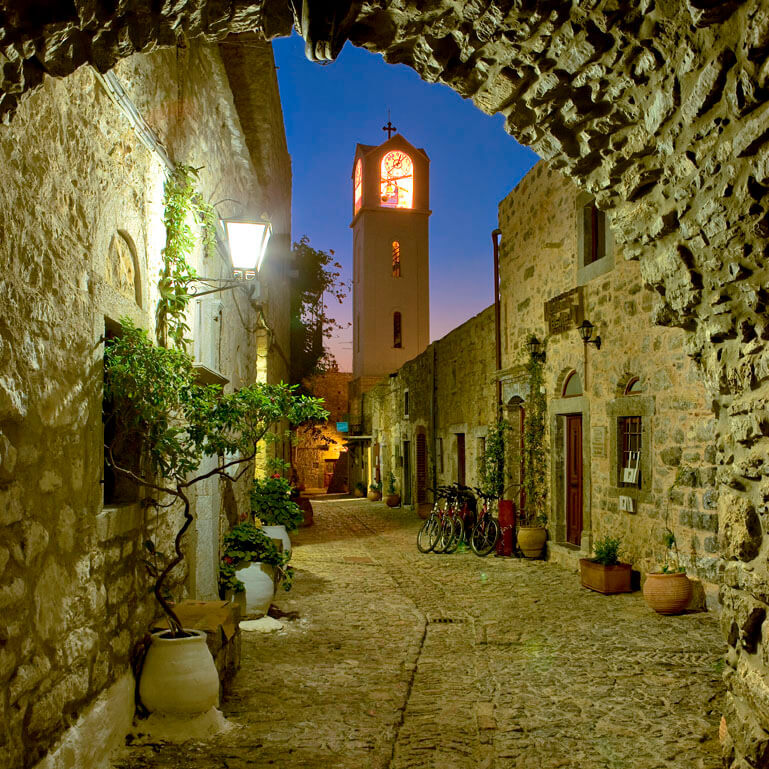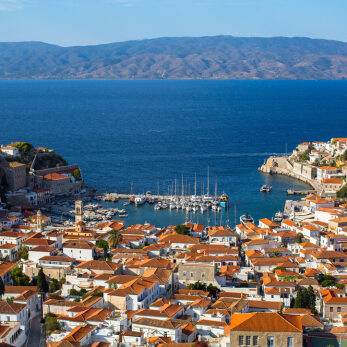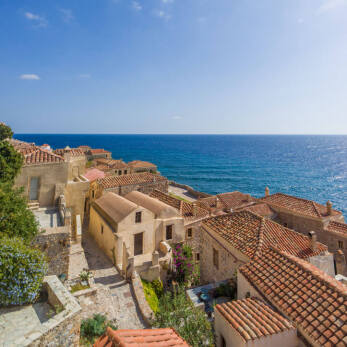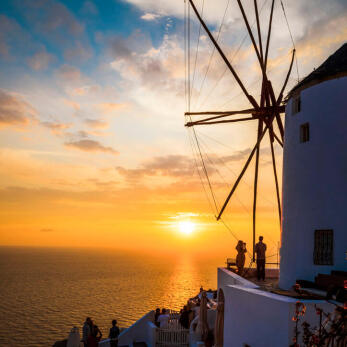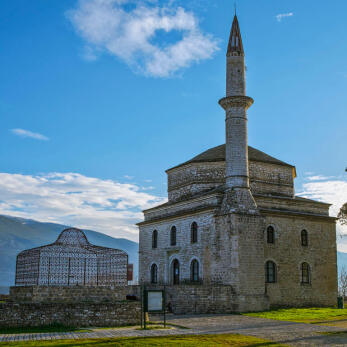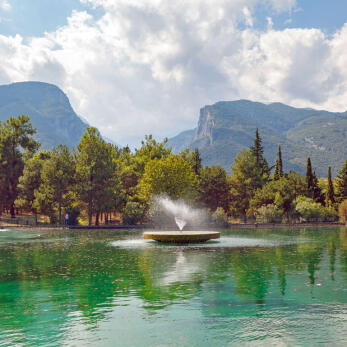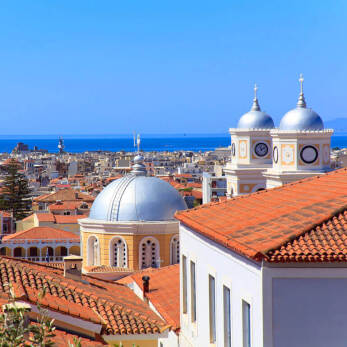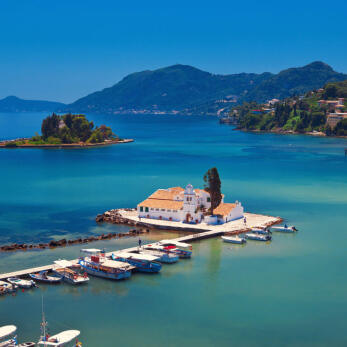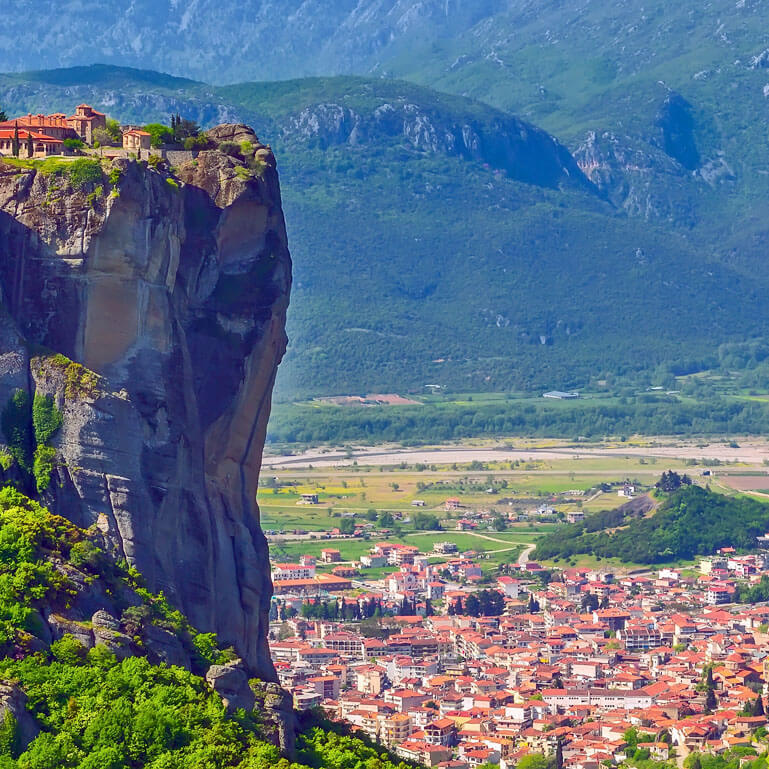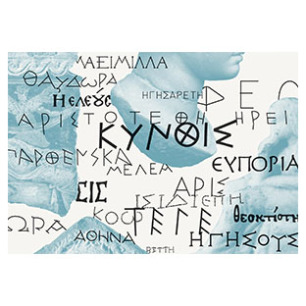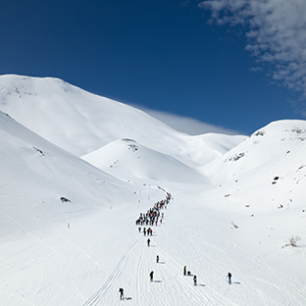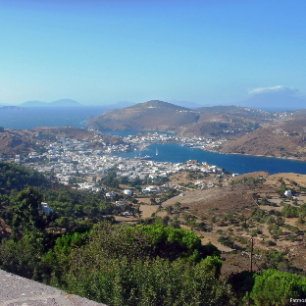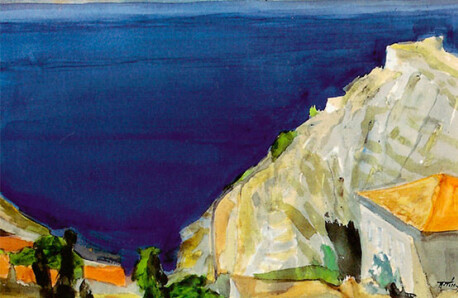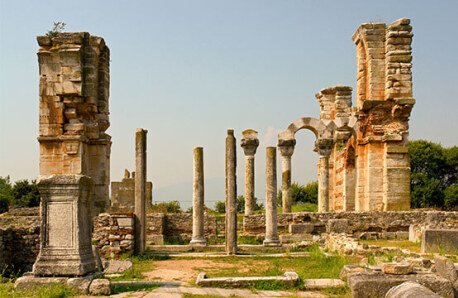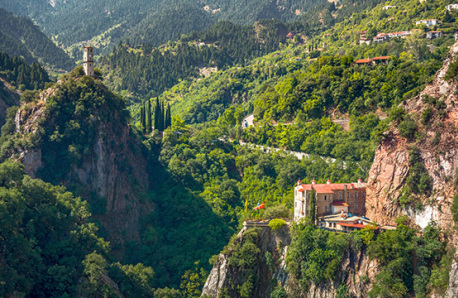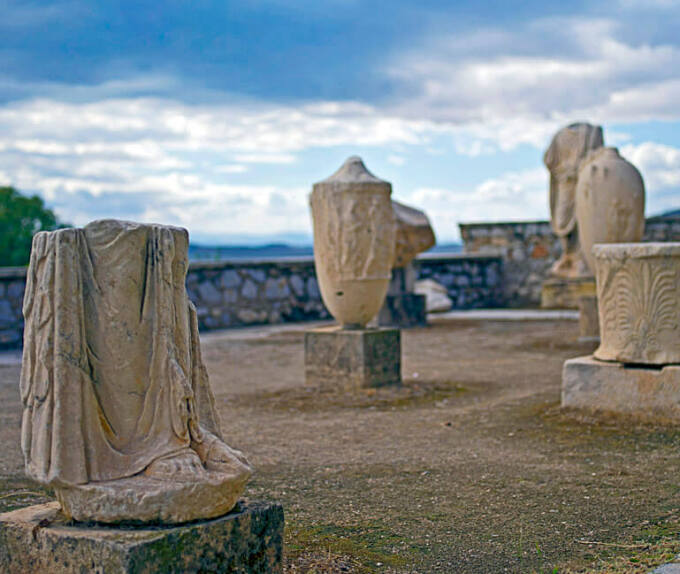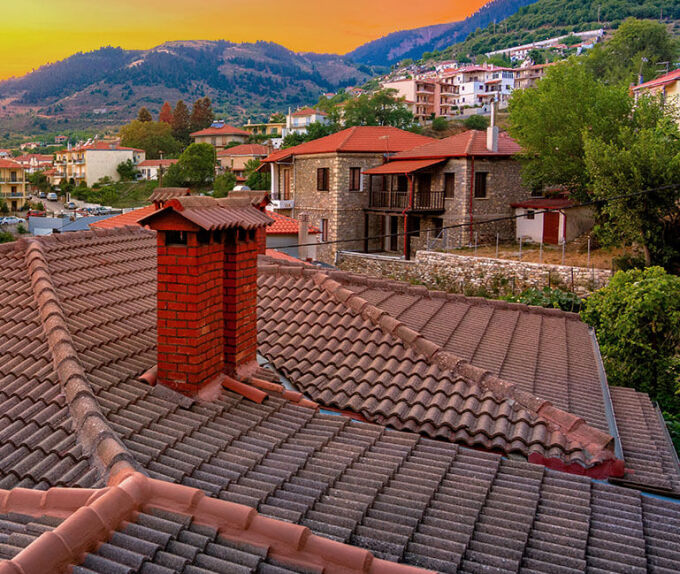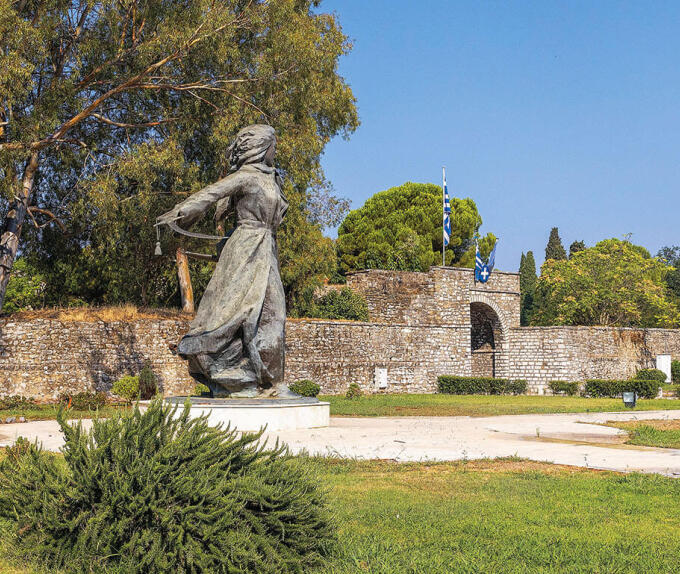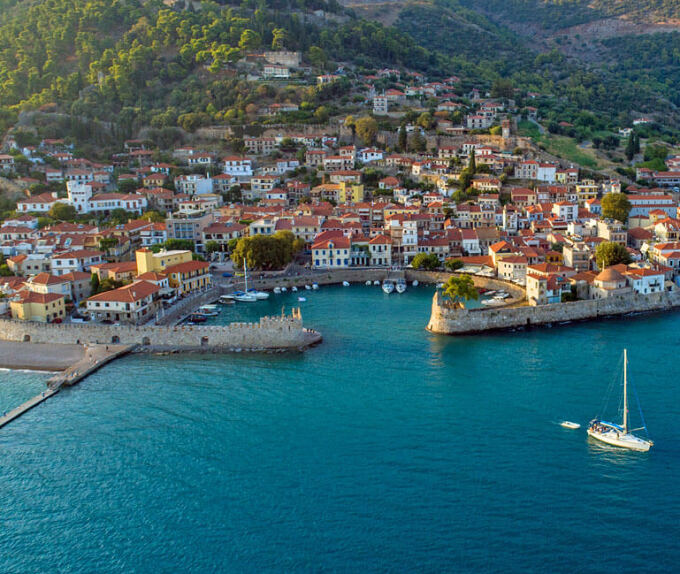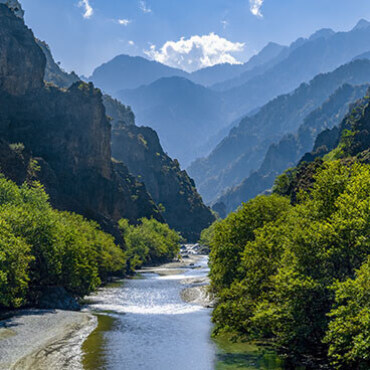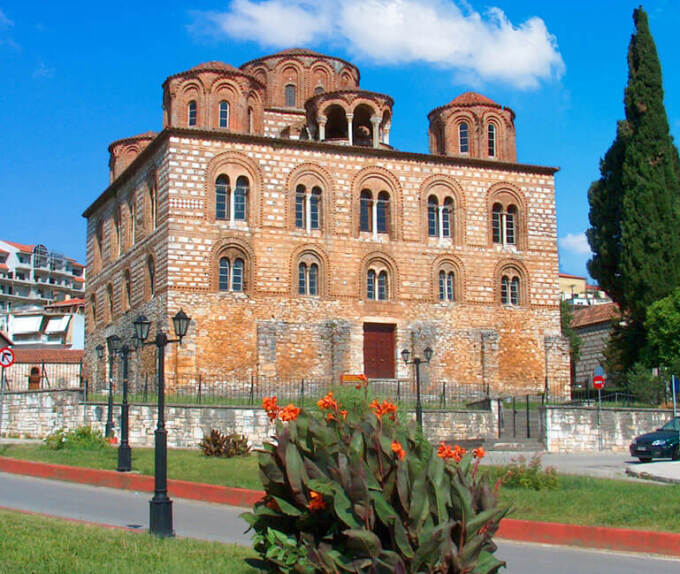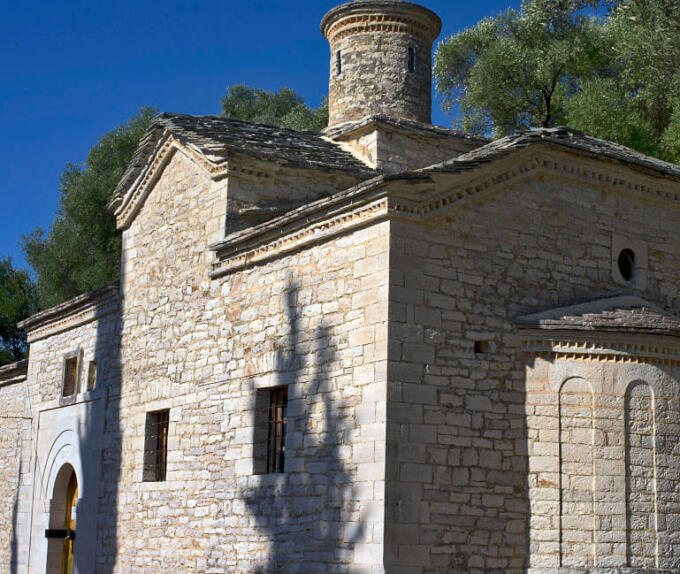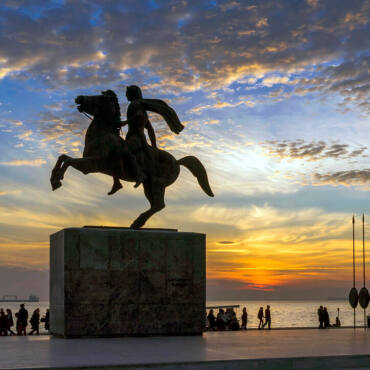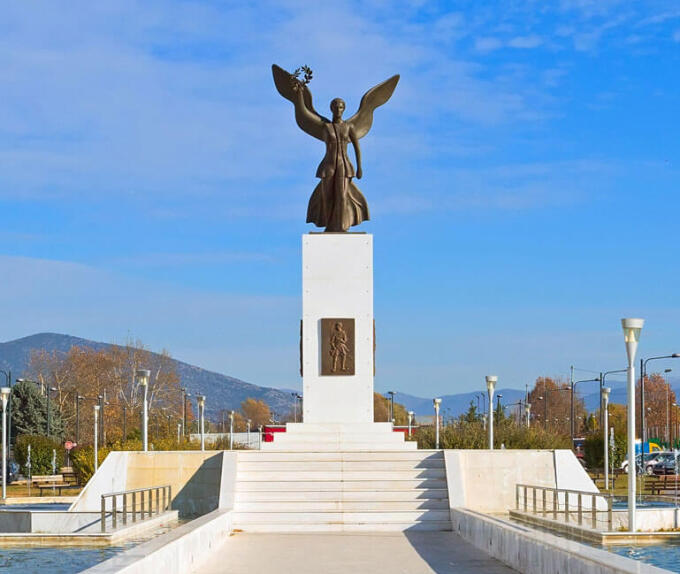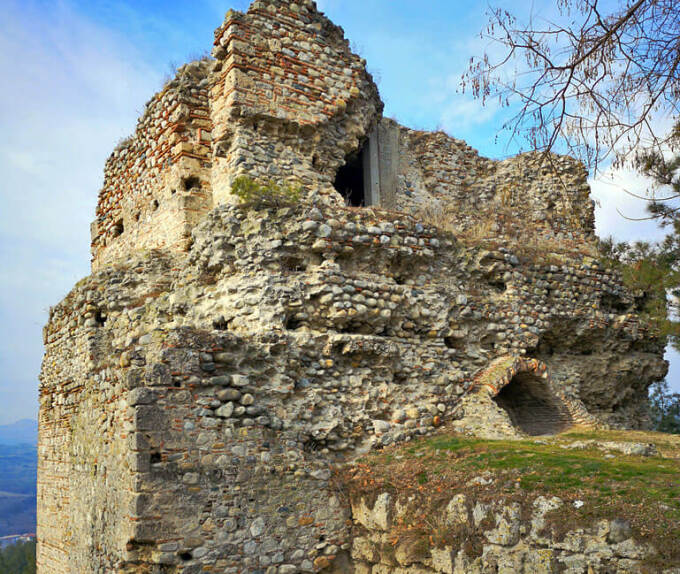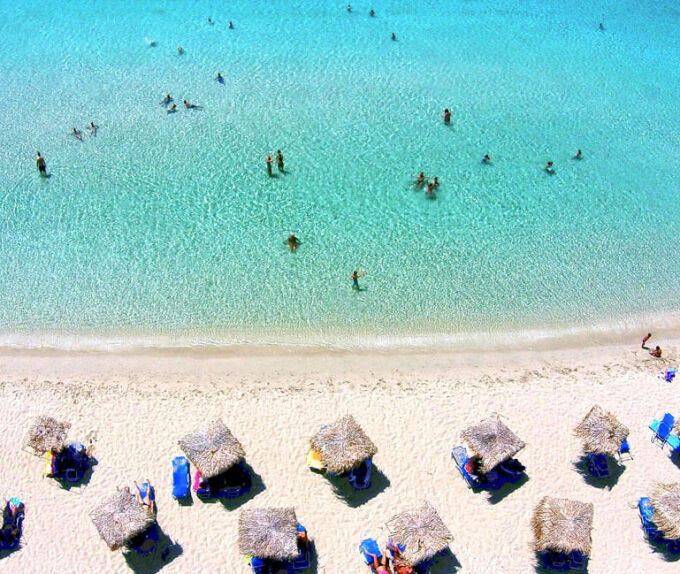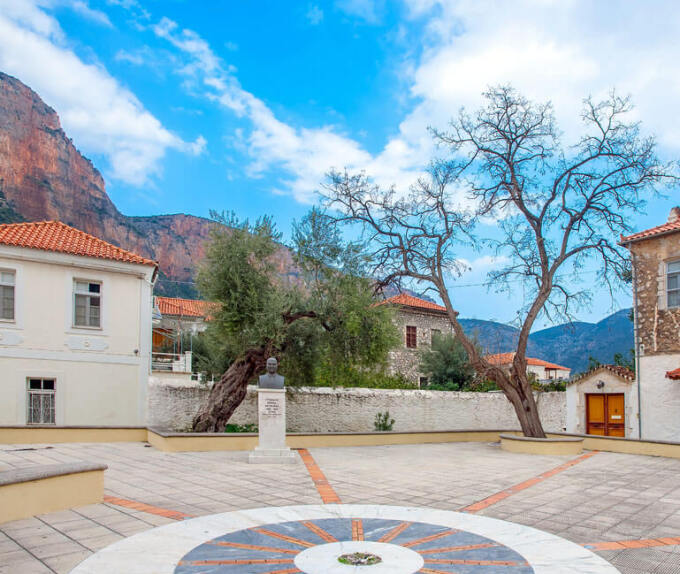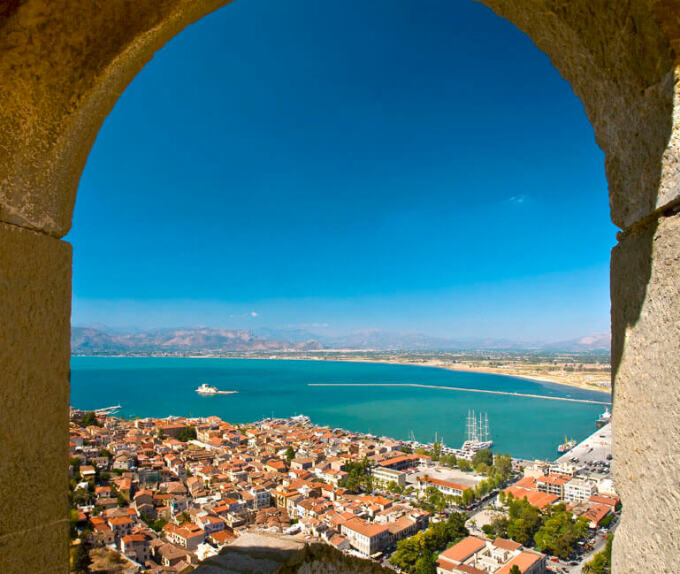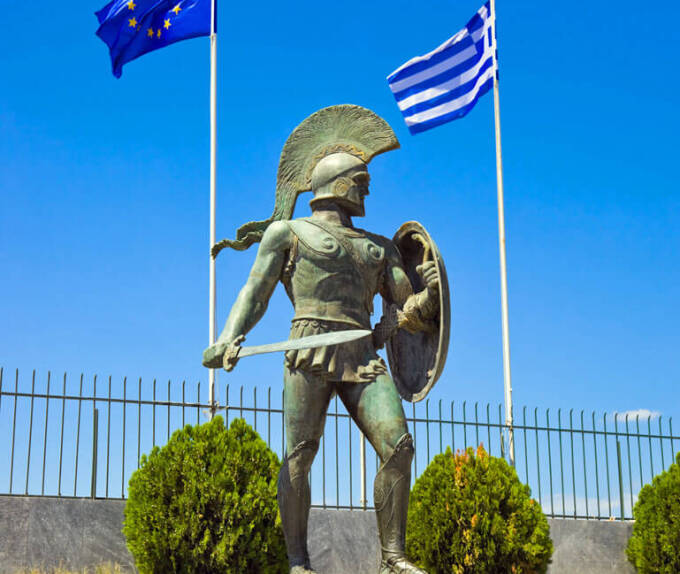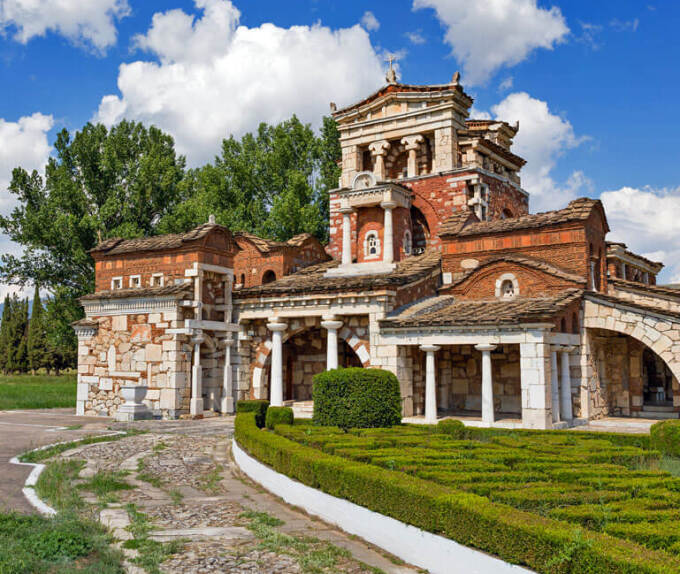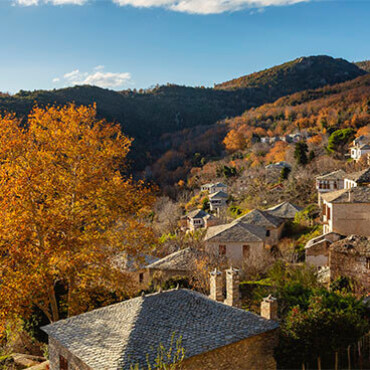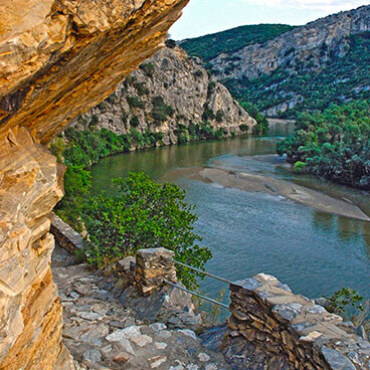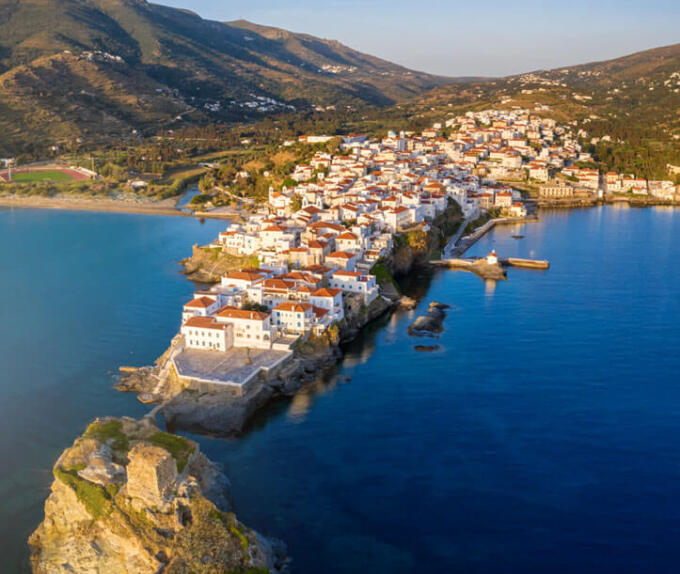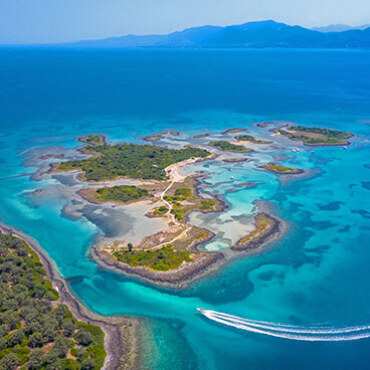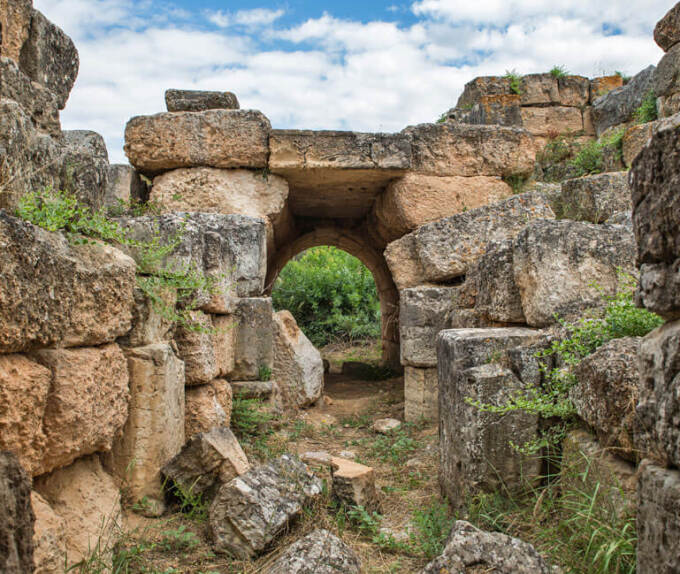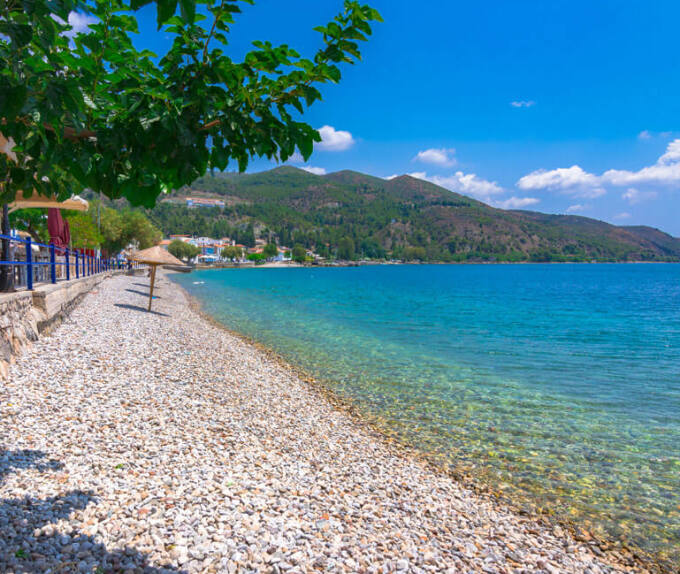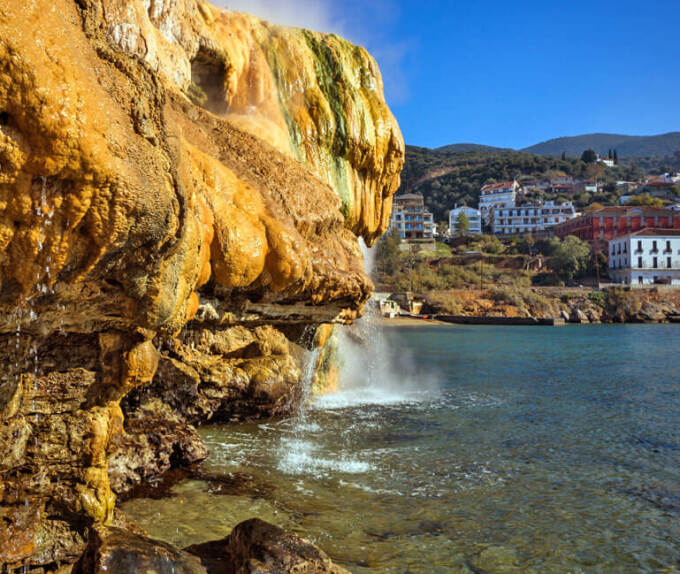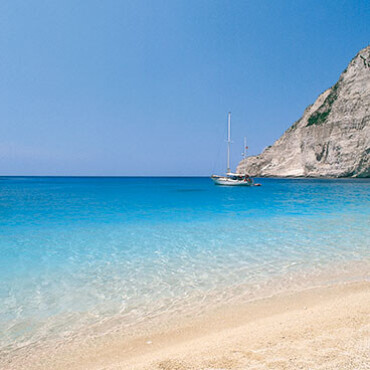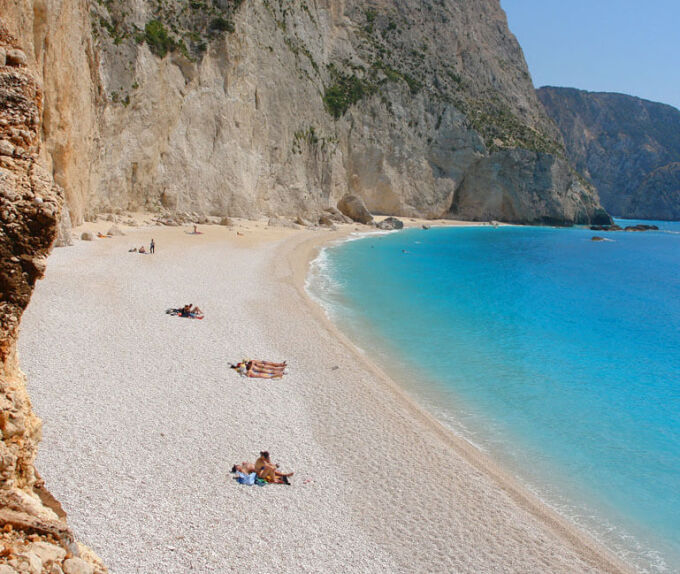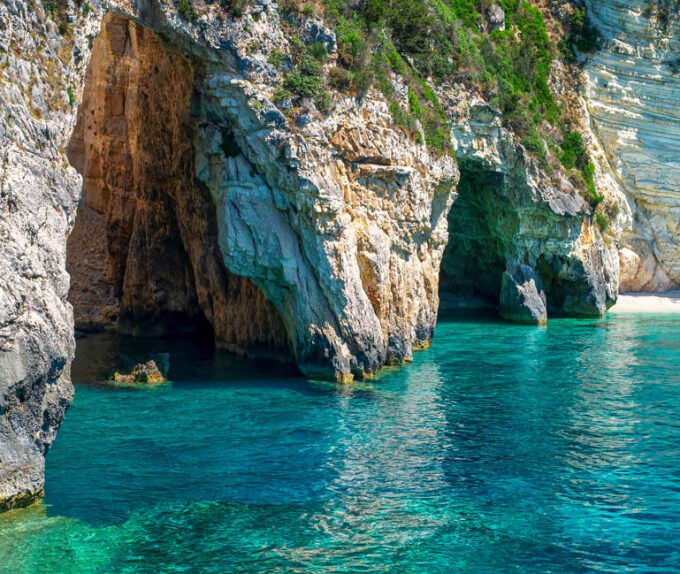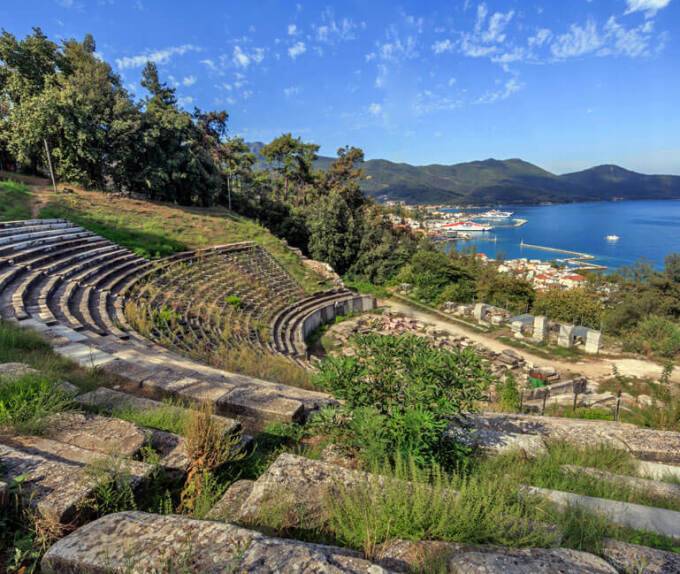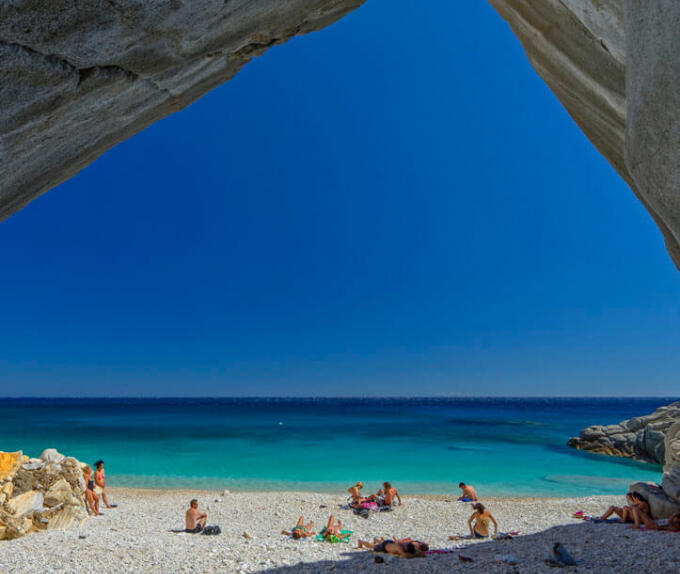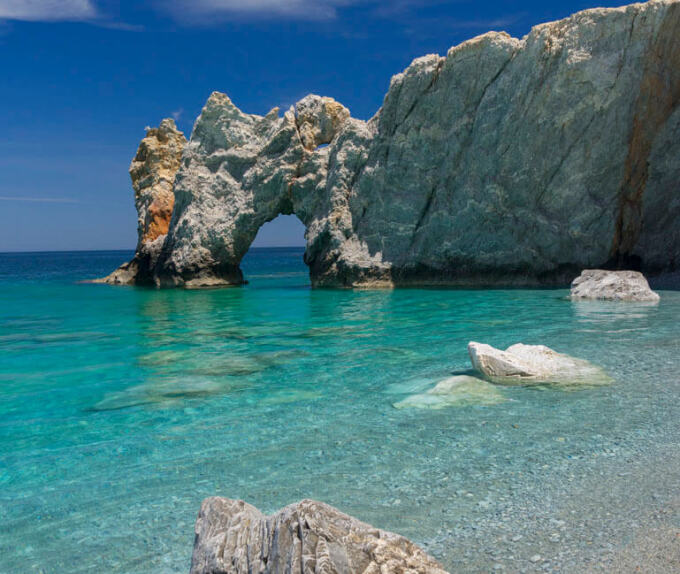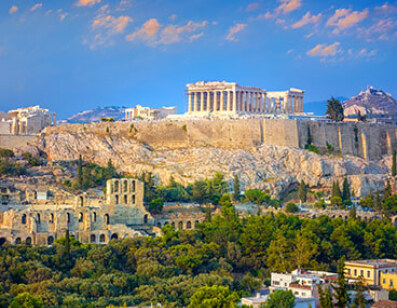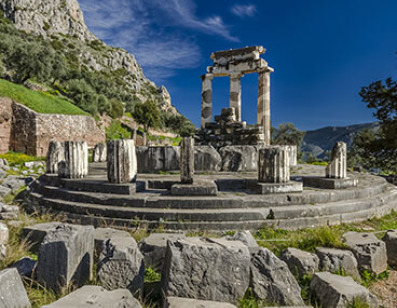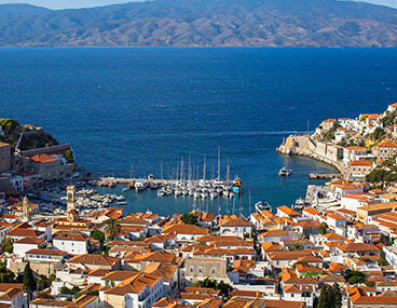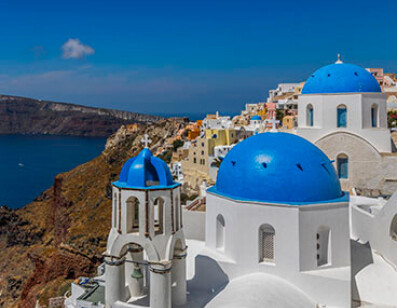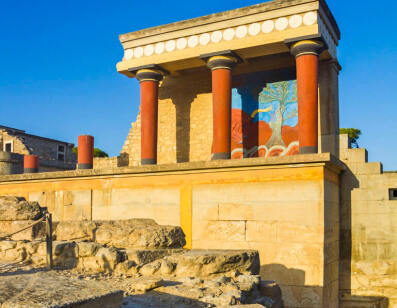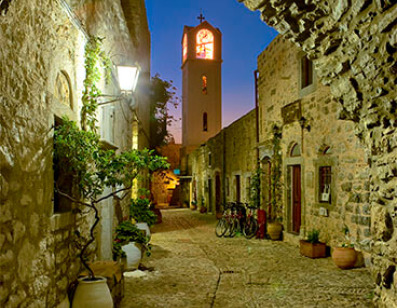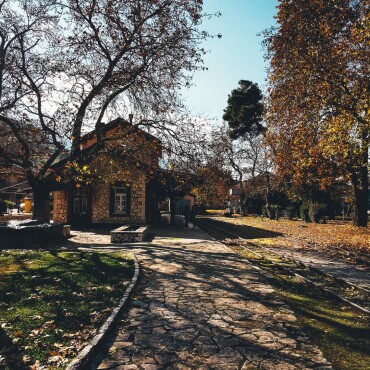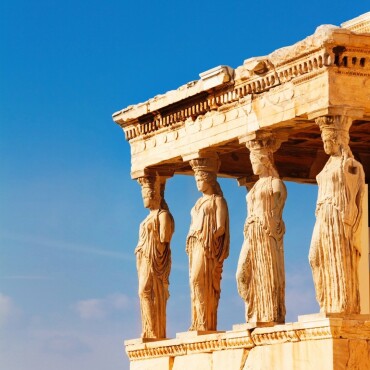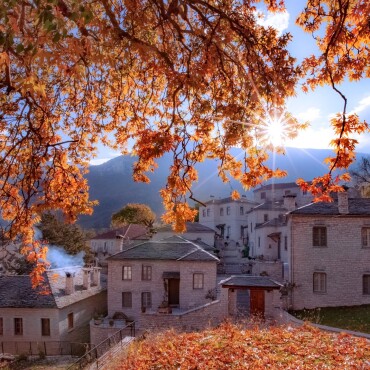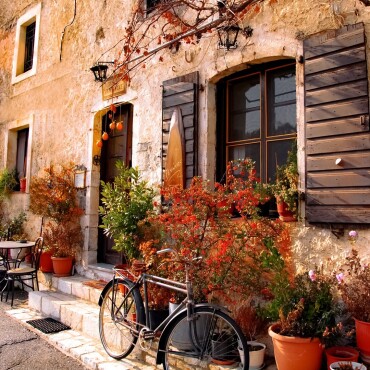
Events
VIEW ALL- Exhibitions
- Festival
- Music
- Sports
- Argosaronic
- Attica
- Central Greece
- Crete
- Cyclades
- Dodecanese
- Epirus
- Ionian
- North Aegean
- Peloponnese
- Athens
- Chania
- Chios
- Corfu
- Epidaurus
- Heraklion
- Hydra
- Ioannina
- Livadeia
- Patmos
- Rethymno
- Santorini
- March
- April
- May
- June
- July
- August
- September
- October
- November

Experiences
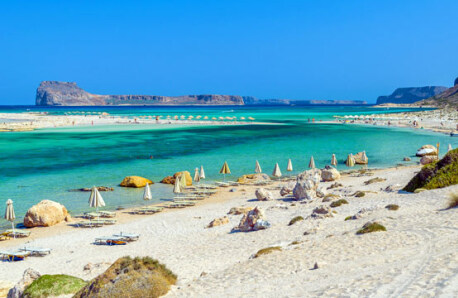
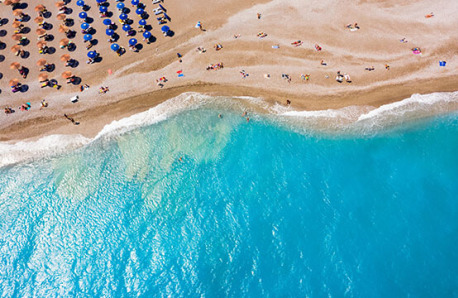
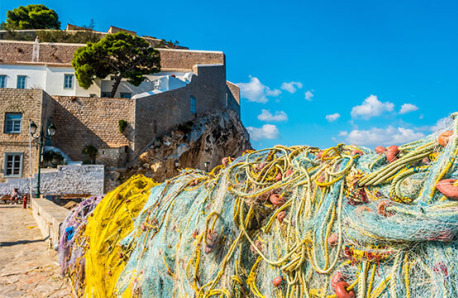
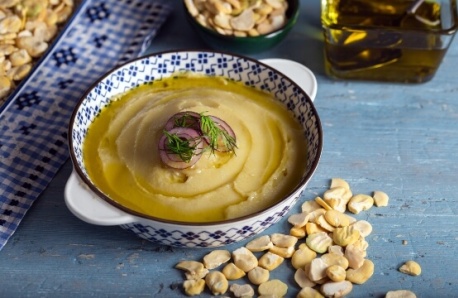

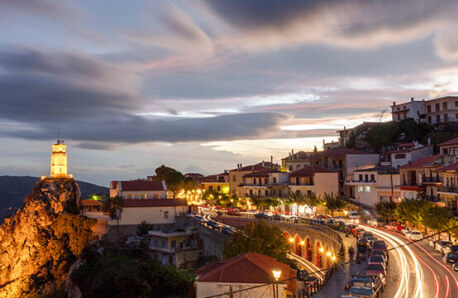
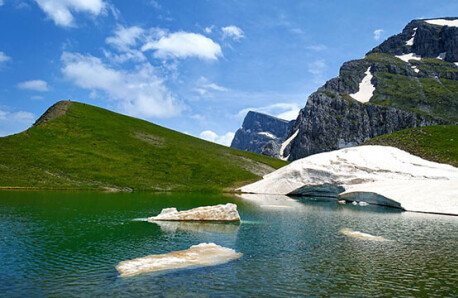
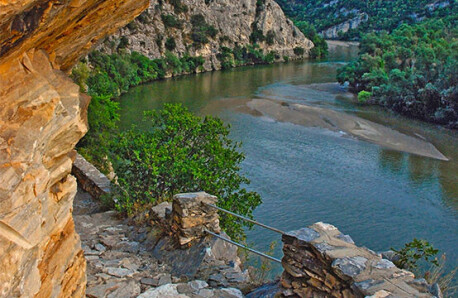
Read our Blog
VIEW ALL BLOGFun Facts
Greece has historically engaged in wine making. Take for example Dionysus, the son of Zeus, the god of the grape-harvest, winemaking and wine. His face is seen today on the sommelier’s pin which is a symbol of respect to wine’s contribution throughout history.
Did you know that Greece has the biggest EU consumption of olive oil per capita, with around 12 kg per person per year?
The very first sprint race of the first Olympic Games in 776 B.C. was won by Coroebus of Elis, a cook!
Olympus (2,917m), the mountain of Gods and Muses is the highest mountain of Greece and the 2nd in the Balkans.
About 7% of all the marble produced worldwide comes from Greece.
Τhe concept of democracy developed in Athens around the 6th century BC. The Greek word demokratia (δημοκρατία) meant “the power of the people”.
The first philosopher is considered to be Thales of Miletus (c. 624 – 425 B.C.). He is credited as giving the first explanation for the origin of the world that was not mythological.
An old Greek legend says that when God created the world, he sifted all the soil onto the earth through a strainer. After every country had good soil, he tossed the stones left in the strainer over his shoulder and created Greece.
Greece' s official name is Hellenic Republic. However Greeks call their country Hellas or Hellada.
No part of Greece is more than 137km from the sea.
On Anafi Island, lies the rock of Kalamos, the second highest monolithic limestone after Gibraltar; a must-see for climbers who will enjoy a great challenge here.
Greece's national drink is ouzo. Ouzo is a dry anise-flavoured aperitif. Cheers, "stin igia mas" in Greek!
Did you know that Greece is the third largest producer of olive oil in the world? Greeks have cultivated olive trees since antiquity. Some of the olive trees that are still producing olives date back to the thirteenth century.
Do you know what rakomelo is? It is a Cretan hot cocktail! A delicious mixture of honey, spices and the alcoholic beverage tsikoudia. Bottoms up!
700 plant species of Greece are endemic, meaning that they may be found only in Greece; approximately 20% of those are aromatic or medicinal plants.
Did you know that in Greece you can enjoy skiing with a sea view?
In Greece, people celebrate the “name day” of the saint that bears their name in a similar way to their own birthday.
Did you know that in Greece, 47 mountains are over 2000m., 105 mountains between 2000 and 1500m., 155 mountains are between 1500m. and 1000m. The number of mountains under 1000m. have yet not been recorded.
Did you know that Epirus is the most mountainous territory of Greece and the poorest in the EU; however it has a unique natural wealth!
Feta, which is made from sheep and goat’s milk, is Greece’s national cheese. It dates back to the Homeric ages, and the average per-capita consumption of feta cheese in Greece is the highest in the world!
Explore Greece
Peloponnese
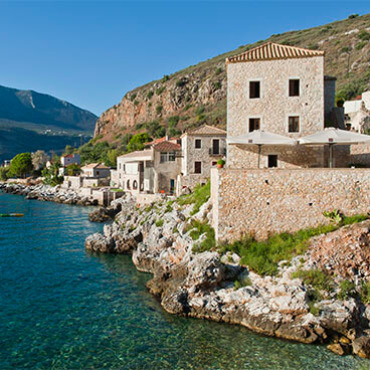
Places to Visit
Dodecanese

Places to Visit
North Aegean





